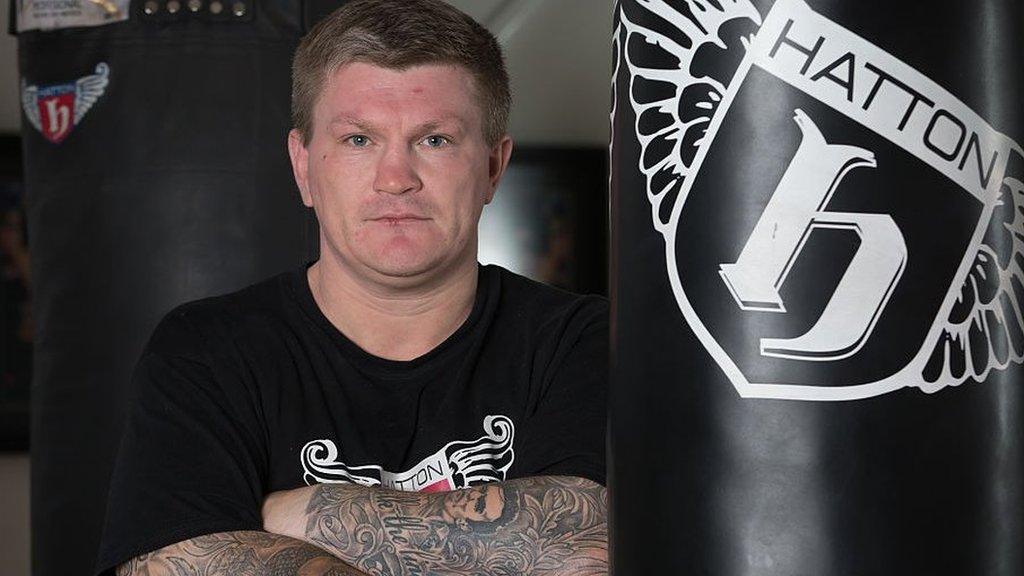Sean McGlinchey: 'I fought depression outside the boxing ring'
- Published
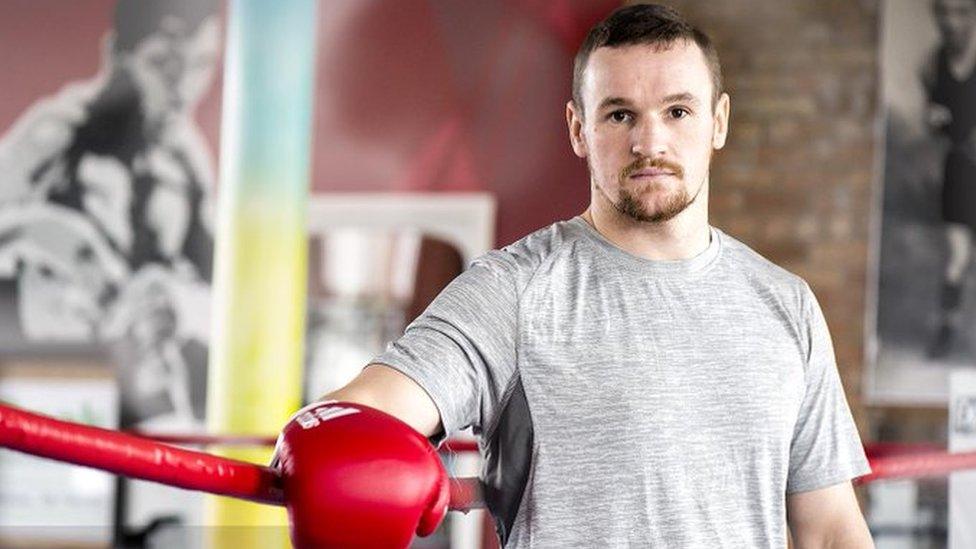
Derry man Sean McGlinchey won a bronze medal at the Commonwealth Games in 2014
An amateur boxer from Londonderry who won a bronze medal at the Commonwealth Games has spoken out for the first time about his battle with depression.
Sean McGlinchey is 27 but at the age of 11 he was forced to watch his brother being beaten by a gang.
"I think that particular moment still triggers me," he said.
Sean then sustained an injury as a teenager which kept him out of the boxing ring.
"The only thing I knew how to do was taken away from me," Sean told BBC Radio Foyle.
"It meant I had more time to think about things because I wasn't training - my mind was overworking.
"I kept thinking that the men who attacked my brother were going to come and get me."
'In a vicious cycle'
Sean said he now knows that if he had spoken out at the time his parents would have helped him.
He said: "Hindsight is a wonderful thing.
"I felt so lonely when I wasn't in the ring. I stopped feeling good about myself."
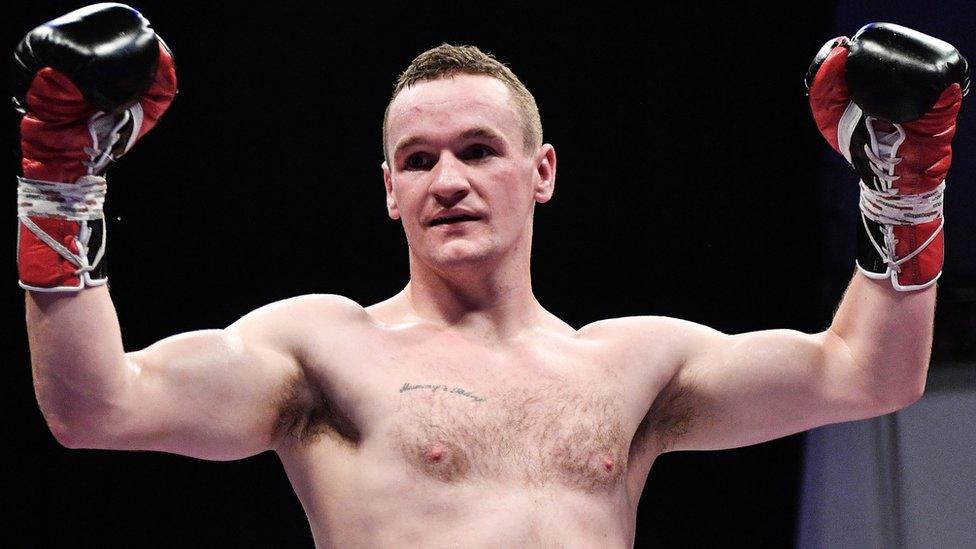
Sean says "people "assume you are tough as a boxer"
The fighter took to social media at the weekend to tell his story in order to raise awareness and encourage people to speak out.
"When I was on medication and admitted to Gransha I felt very much on my own," he said. "I don't want people to ever feel like that."
He said the medication made him hungry and it led to him gaining weight.
"I was in a vicious cycle," he said. "Getting back to the ring and training got me out of it."
Sean was 22 when he competed in the 2014 Commonwealth Games in Scotland.
He secured a bronze medal and was training alongside Michael Conlan and Paddy Barnes.
'Hiding in the background'
Sean described his time at the Commonwealth Games as a "real career highlight" but said it was also difficult and challenging.
"I was trying to deal with people on social media saying I didn't deserve to be there.
"When it came to training time I wasn't the one running about with my top off. I was the one trying to hide in the background."
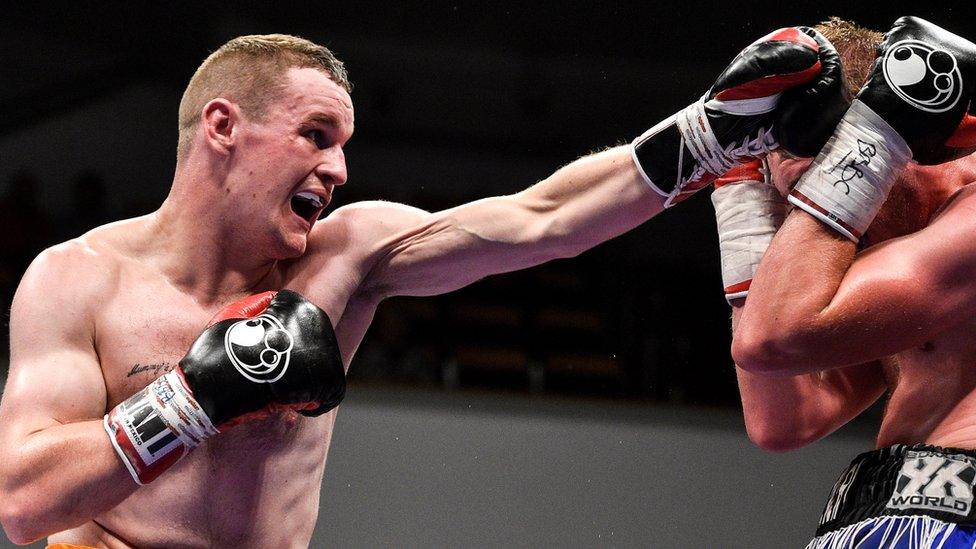
Sean says boxing has always made him happy but "it's difficult at a professional level"
"I walked along the banks of the River Foyle one night and contemplated taking my own life," Mr McGlinchey added.
"I have a loving family but I just felt like no one understood me. I wondered why no-one was coming to look for me on that particular night.
"Whatever made me change my mind, I'm not sure. Someone was looking over me.
"I went back to my house that night to find my family and friends there really concerned about me.
"I've battled so long with this and that's why I'm speaking out.
"You can't section this into working class or middle class. Everyone suffers in some way or form."

Where to get help
If you are in the UK, you can call the Samaritans on 116123 or Lifeline on 0808 808 8000.
Click here for support and more information on emotional distress.
- Attribution
- Published4 June 2018
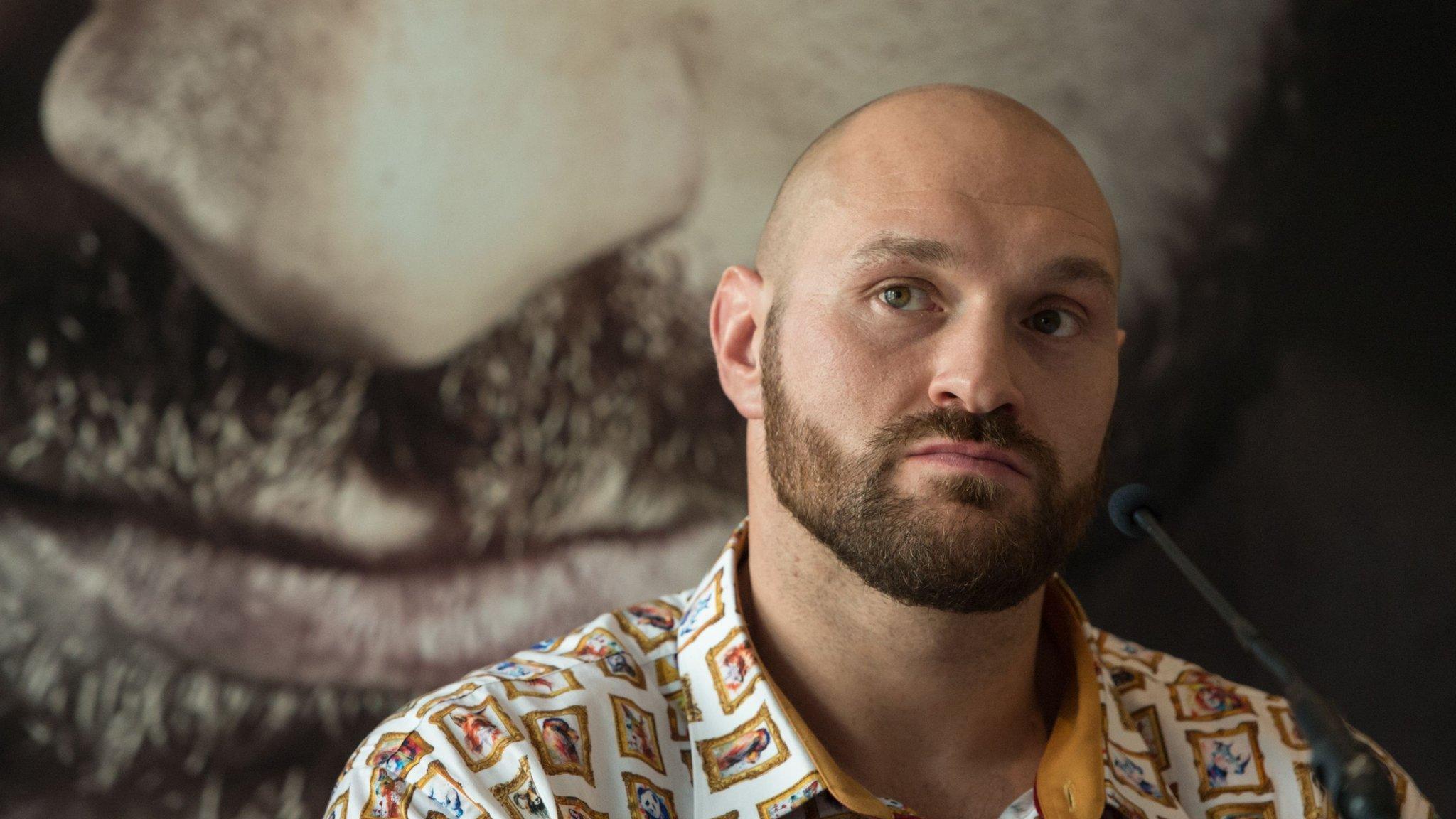
- Attribution
- Published29 December 2016
